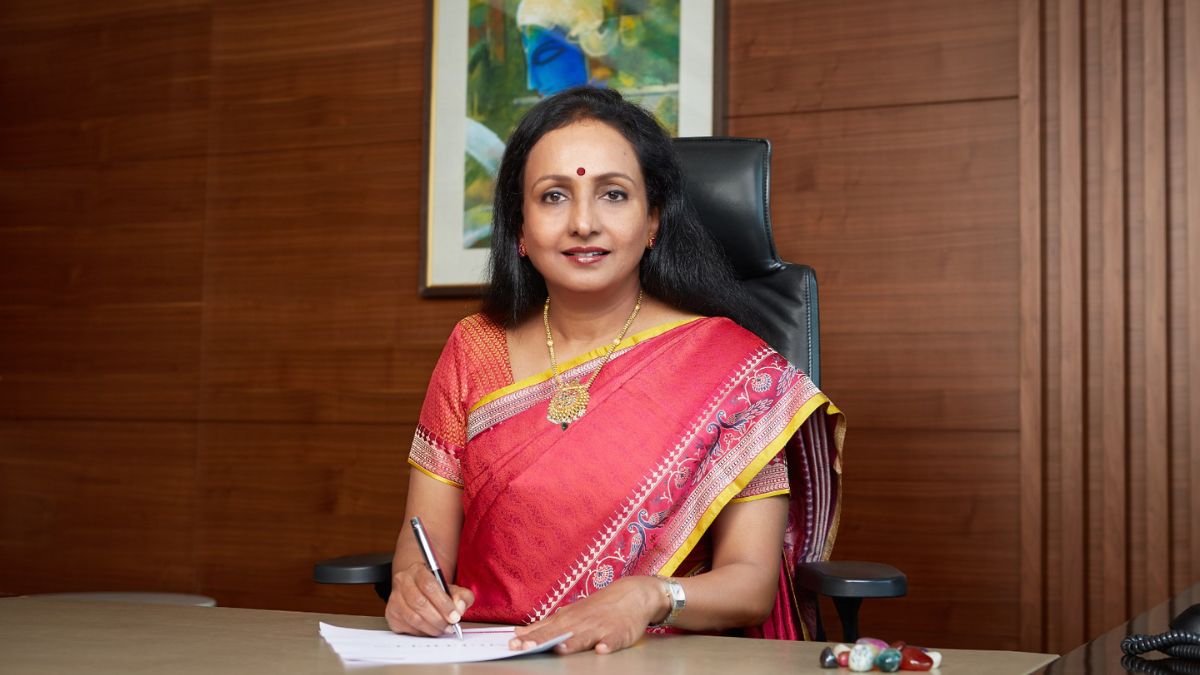Multiples Alternate Asset Management, a homegrown private equity firm, last week announced the first close of $640 million for its new fund. Renuka Ramnath who is the founder and managing director and CEO of the fund management firm, in an interview with Raghavendra Kamath discusses the fundraising environment and the fund manager’s strategy going forward.
How difficult or easy was it to raise money in the current context when the West is seeing recessionary trends, exports are down in many segments, and talks of domestic slowdown?
Investors in the PE asset class are looking at long-term growth potential. In the current global market, this makes the investment case for India very strong. While market volatility does slow down overall fundraising, experienced managers with track records will continue to raise capital. Multiples has always believed in diversifying our LP (limited partners) base and raising capital from the domestic market as well. What is important to note is that the domestic investor base for alternatives is growing significantly. This augurs very well in stabilizing the availability of long-term capital to high-growth private enterprises.
Which sectors you are looking to invest in? Are any new sectors which have caught your attention in recent quarters where you will invest?
Over the last 12 years, and after 3 funds, Multiples has built a deep specialization in its chosen sectors of financial services, pharma & healthcare, consumer and enterprise technology. To this, we have further expanded our sector focus on the green economy, as demonstrated by our recent investment in TI Clean Mobility.
Also, it is important to note that Multiples has built expertise in three main strategies viz. a) identifying largely tech-led big shifts and investing in them at their inflexion point, b) catalyzing transformative growth; and c) investing in platforms for multi-decadal growth potential. This approach has enabled it to deliver exceptional performance across vintages.
How much dry powder do you have from your previous funds?
We have less than $ 100 million in dry powder from our previous fund
As a PE investor, do you think decent money can be made in green economy companies?
Multiples has carefully added an incremental sector of Green Economy to our investment thesis. The key to investing in Green Economy is to back exceptional entrepreneurs who have created innovative businesses that deliver both economic gains and contribute to green economy goals. If done right, we are confident that these investments can generate returns in line with other deals. However, like all nascent sectors, business models will evolve over a period of time and we at Multiples are making discerning choices to make this happen.
Are exits becoming difficult now or the same as earlier?
Exits are a function of valuation and liquidity. Currently, we are coming off an exuberant valuation phase. Also given rising interest rates, there has been a flow of capital from emerging markets. Rising interest rates and volatile capital markets have come together to cause a momentary slowdown in exits.
Multiples was targeting to raise up to $10 billion by 2030 out of which it will deploy $8 billion in various companies. Are you on track to achieve your target or have you tweaked it due to the current environment?
The $10 billion is a long-term goal. We are on track on this goal. It is not about the absolute number of dates in 2030, it is a directional plan of scaling up Multiples and participating in large deals that will happen in India
Do you think you will be able to sustain returns this year given the talks of economic slowdown and slower exports and so on?
Multiples has built unique capabilities to invest in category champions across industries, and vintages. We never look at the short-term performance of ourselves or our portfolio companies. Our portfolio comprises robust companies with good economics and hence we do not see the impact of valuation on these companies. We are focused on building sustainable businesses and we insist our portfolio companies on value creation and not valuation.

